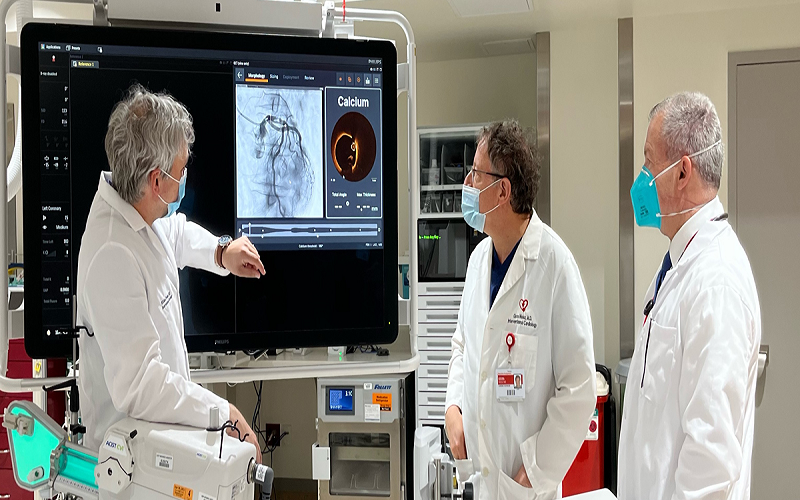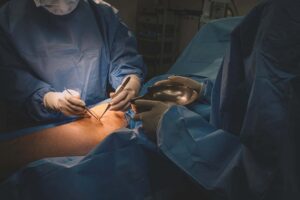A Closer Look At Cardiac Catheterization With A Cardiologist

Welcome to our in-depth conversation about cardiac catheterization. We sit down with a seasoned cardiologist, who has garnered significant expertise in this area and is an authority on the subject. The cardiologist’s knowledge is comparable to that of a neurologist brighton beach — well-rounded, comprehensive, and insightful. So, we delve into the details of this crucial procedure, unravel its intricacies, and illuminate its importance in heart health.
What is Cardiac Catheterization?
Cardiac catheterization is a procedure used to diagnose and treat heart conditions. A thin tube, known as a catheter, is inserted into a blood vessel leading to the heart. This allows doctors to obtain vital information and undertake necessary interventions.
Why is it done?
Cardiac catheterization helps doctors diagnose a range of heart ailments. These may include blocked arteries, heart valve issues, or heart muscle function problems. It also assists in performing procedures such as angioplasty.
How to prepare for it?
Preparation is key to any medical procedure. Here are three things you might need to do before cardiac catheterization:
- No food or drink 6-8 hours before.
- Inform your doctor about any medication you’re on.
- Arrange for someone to drive you home post-procedure.
Comparison between Cardiac Catheterization and Other Diagnostic Tests
| TEST METHOD | PROS | CONS |
| Cardiac Catheterization | Highly accurate, Can perform interventions | Invasive, Potential complications |
| Cardiac CT | Non-invasive, Fast | Less accurate, Radiation exposure |
| Cardiac MRI | Non-invasive, No radiation | Less accurate, Time-consuming |
Concluding Thoughts
Cardiac catheterization is a critical diagnostic tool in cardiology. Its ability to provide accurate information about the heart’s health — and action when needed — makes it indispensable. Always remember, that an informed patient makes the best decisions about their health.








